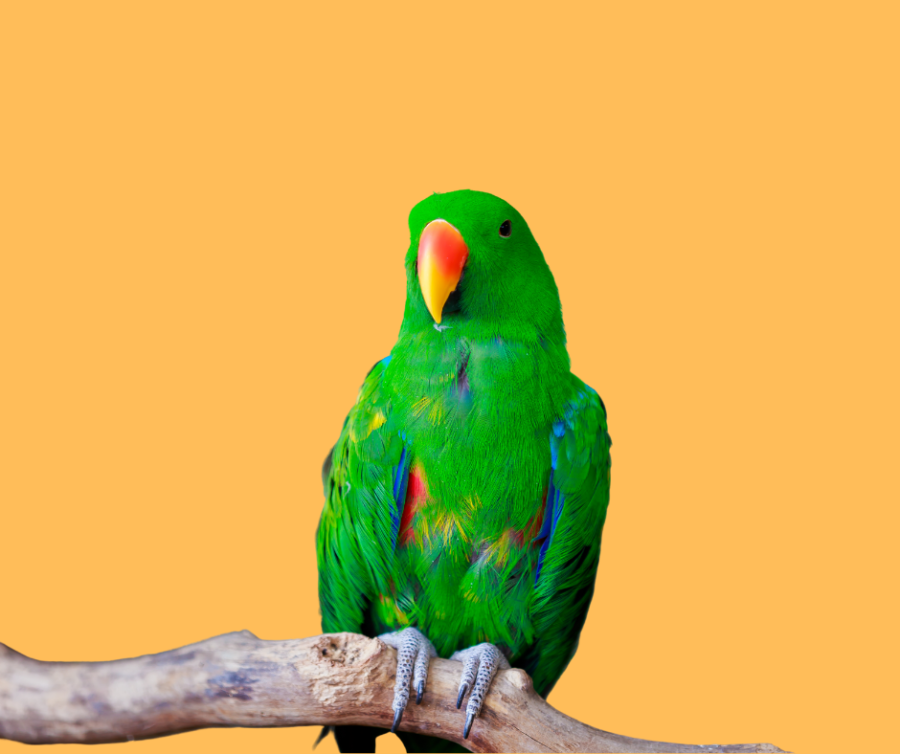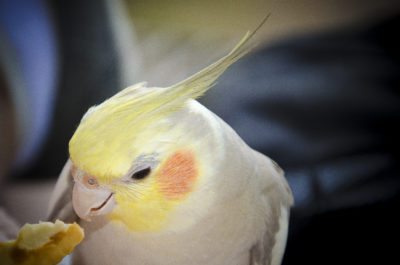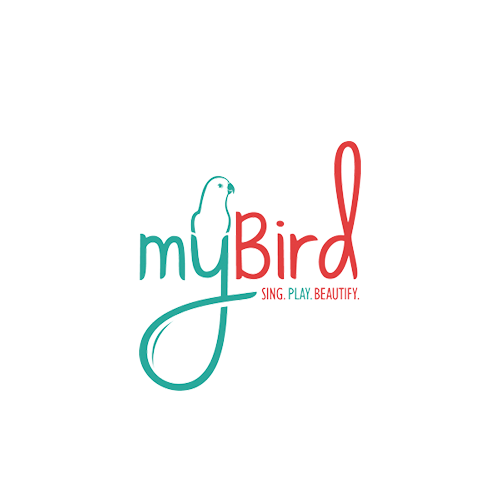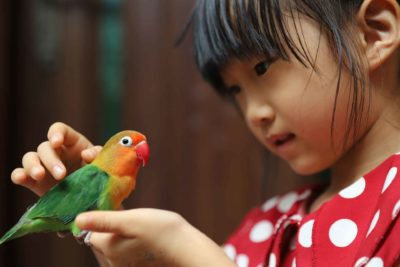
Eclectus
Check out our eclectus parrot enrichment tool.
What Are Eclectus Parrots?
Eclectus parrots are found in parts of Oceania, such as the Solomon Islands, Australia and New Guinea. They are unique in comparison to many other species of parrots because of their sexually dimorphic traits – male and female Eclectus parrots have differing characteristics, making it very easy to tell them apart. Male Eclectus parrots have vibrant green feathers and orange beaks, whereas female Eclectus parrots sport red feathers and black beaks.
It is theorized that mating behaviors have produced this dimorphism – the bright red feathers of the female Eclectus allow males to better spot potential mates, as female Eclectus often spend a lot of time guarding nests made in tree hollows. The green coloring of male Eclectus parrots also provides a natural camouflage. In fact, when they were first discovered, the extreme variation in their plumage led researchers to believe they were actually two different species!
What Makes Eclectus Parrots a Good Pet?
Eclectus are known for their vibrant colors and make for smart and affectionate pets. Like some other parrot species, they are skilled at replicating sounds and words they hear in their environment. While female Eclectus parrots can be more territorial and aggressive than their male counterparts, with proper care both make for great companions.
How Do You Care for Eclectus Parrots?
Eclectus parrots have large appetites, and as pets they need to have their diets carefully monitored so they do not become overweight. A high fiber diet works best for their needs, as they have unusually long digestive tracts. Pet owners would do well to include a lot of fruits and vegetables into their diet, while also mixing in high beta-carotene foods like carrots, pumpkin and leafy greens. Eclectus parrots naturally need more beta-carotene rich foods than other species of parrots.
Eclectus parrots are some of the most eye-catching birds, and their dimorphic plumage makes them one of the most unique species of parrots.
Follow us on Facebook and Instagram, and be sure to check out our other posts about birds or take our quiz to see which types of birds may be right for you!





